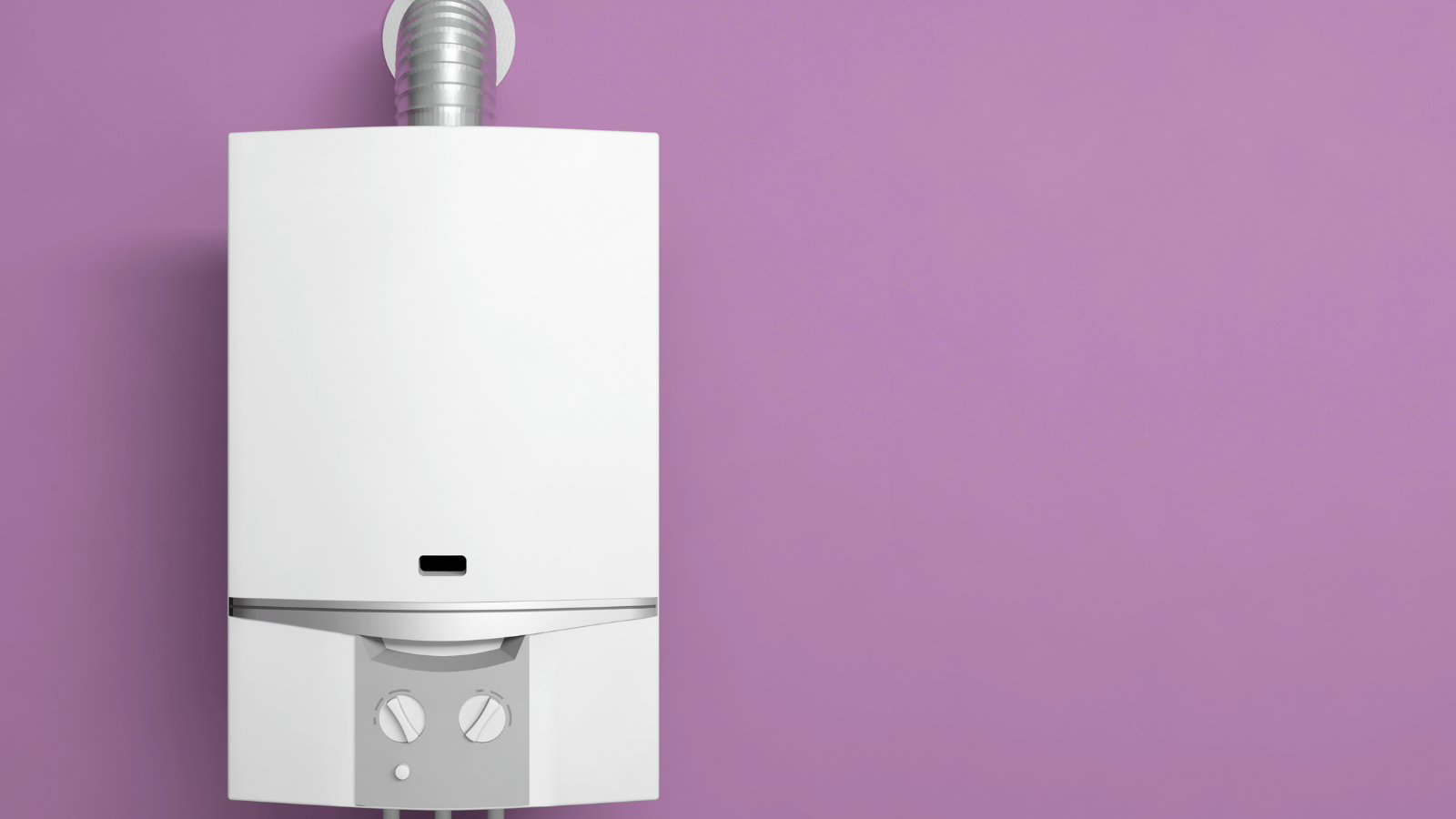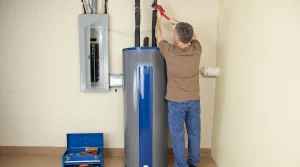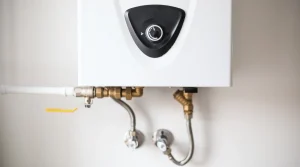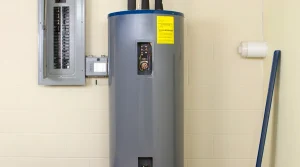Key Takeaway:
- A water heater should be chosen after considering several variables, including energy efficiency, initial and ongoing expenditures, available space, and your household’s hot water demands. Tankless water heaters excel in energy efficiency, while traditional storage tanks are more budget-friendly upfront. Eco-conscious homeowners might prefer heat pump or solar water heaters, although these options typically come with higher installation costs but long-term savings.
What Style of Water Heater is Most Efficient?
The most energy-efficient option is the thankless Choosing the water heater. Unlike traditional water heaters that maintain a reservoir Tankless types provide hot water only when needed. lowering energy waste. Because it uses less energy, this “on-demand” feature gradually reduces power costs. Furthermore, families looking to lower their total carbon footprint while maintaining a steady supply of hot water may consider tankless water heaters.
Plumbing Clifton is here to provide you with the best boiler service, ensuring long-term reliability and performance. Get in touch now for top-quality care and ongoing support!
The Pros and Cons of Different Types of Water Heaters
1. Storage Tank Water Heater
Pros:
- Lower upfront cost: More affordable to purchase and install compared to other types.
- Simple installation: Easily integrated into most homes without extensive modifications.
- Reliable hot water supply: Stores a large volume of hot water, making it suitable for households with high water usage.
Cons:
- Less energy efficient: Suffers from standby heat loss as water is continually heated and reheated.
- Larger footprint: Requires significant space for both the tank and its necessary connections.
- Shorter lifespan: Typically lasts around 10–15 years before needing replacement.
2. Tankless Water Heater
Pros:
- High energy efficiency: Heats water only as needed, reducing energy waste.
- Endless hot water: As long as demand doesn’t exceed capacity, hot water is continuously available.
- Compact size: Requires significantly less space, making it perfect for houses that are smaller or have less storage.
Cons:
- Higher upfront cost: More expensive to purchase and install, though long-term savings can offset this.
- Simultaneous demand issues: May struggle to supply multiple fixtures with hot water at the same time.
- Maintenance requirements: Regular descaling and maintenance are needed, especially in areas with hard water.
3. Heat Pump Water Heater (Hybrid)
Pros:
- Extremely energy efficient: Can reduce electricity transmission of heat from the air can reduce consumption by as much as 60%. to the water.
- Longer lifespan: Typically lasts longer than traditional electric water heaters, offering up to 15–20 years of use.
- Lower operating costs: Despite higher upfront expenses, energy savings are substantial over time.
Cons:
- Higher upfront cost: Installation is more expensive, and these units often require specific placement.
- Performance varies by climate: Less effective in cold environments as they rely on ambient heat.
- Requires space: Needs adequate space for airflow and may require additional room for installation.
4. Solar Water Heater
Pros:
- Most eco-friendly option: Uses renewable energy from the sun, significantly lowering energy bills and reducing your home’s carbon footprint.
- Ideal for sunny climates: Works especially well in regions with abundant sunlight year-round.
Cons:
- High installation cost: Requires solar panels and a storage system, which leads to steep initial expenses.
- Weather dependent: Performance can suffer during cloudy or rainy days, making a backup heating system necessary.
- Requires maintenance: Regular maintenance is needed to ensure optimal performance of the panels and system.
5. Condensing Water Heater
Pros:
- Highly efficient for gas-powered homes: Utilizes waste heat from exhaust gases to preheat water, maximizing energy use.
- Lower long-term operating costs: More efficient than traditional gas water heaters, leading to reduced utility bills.
Cons:
- Higher initial cost: Typically more expensive than conventional gas heaters.
- Requires more space: Often bulkier and may need additional room for venting and installation.
- Limited to gas homes: Only viable for homes with natural gas hookups.
How to Choose Between Different Types of Water Heaters
When selecting the water heater for your home, consider the following factors:
Water Usage: Evaluate your household’s daily hot water needs. A storage tank water heater may be best for homes with high water demand, while a tankless water heater is better suited for smaller households or those with more moderate usage.
Climate: Homes in warmer climates may benefit from heat pump water heaters, while solar water heaters excel in sunny regions. However, in colder areas, traditional storage or tankless heaters might perform better.
Space Availability: If space is limited, a tankless water heater or condensing unit could be ideal. Traditional storage tanks and heat pumps typically require more room.
Energy Efficiency Goals: If lowering energy consumption is your primary goal, tankless, heat pump, and solar water heaters are excellent options. These models, though more expensive upfront, offer significant long-term savings.
Budget: Take into account both the upfront and ongoing costs savings. While storage tanks have a lower upfront cost, tankless, heat pump, and solar systems can lead to lower energy bills, making them more cost-effective in the long run.
Don’t wait for a complete breakdown! Watch for these warning signs that it’s time to replace your water heater
Final Thoughts
By carefully assessing your home’s needs, water usage patterns, and energy efficiency priorities, You are able to make an informed choice that weighs costs, space, and performance.




